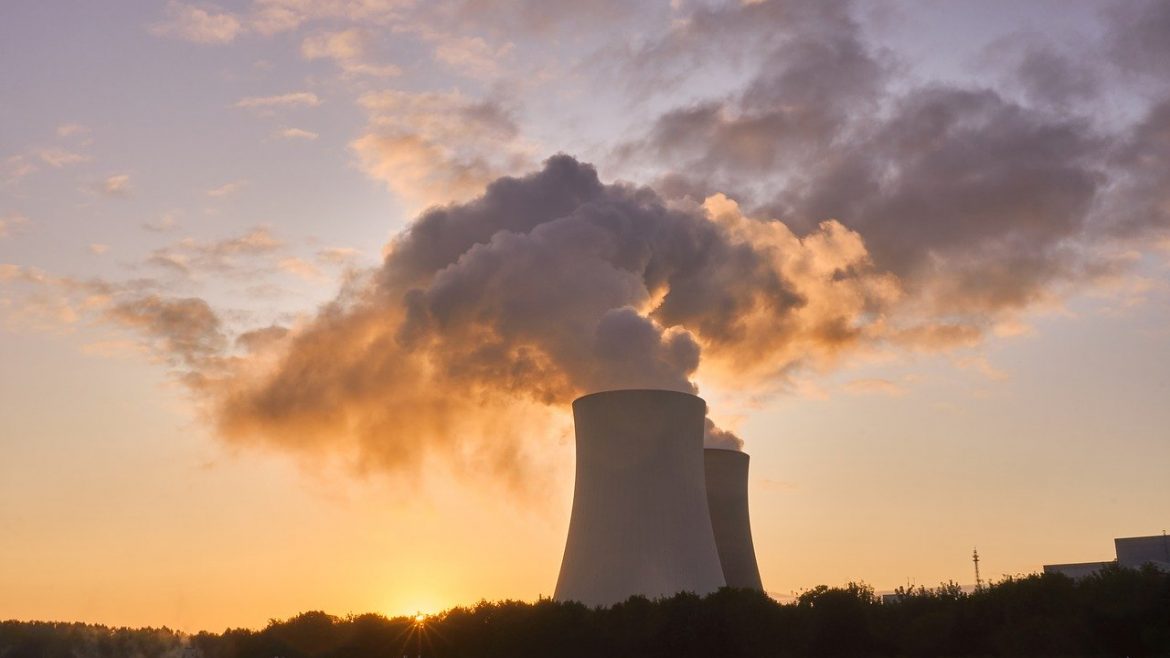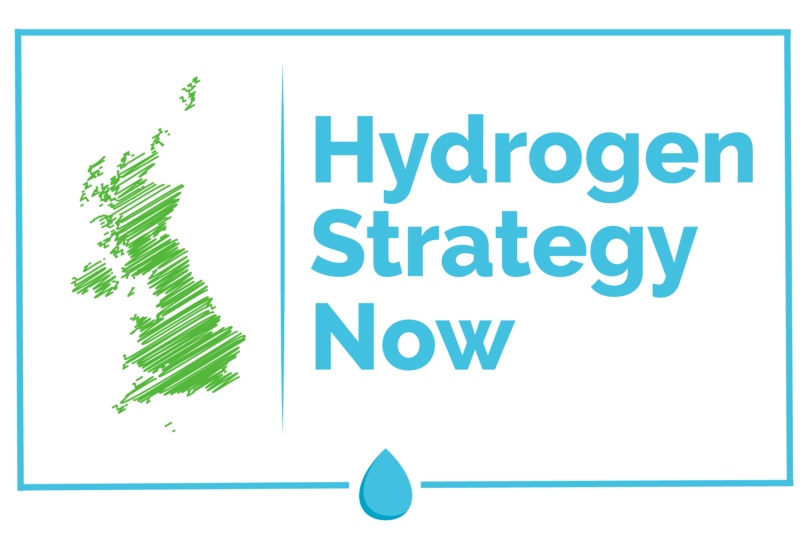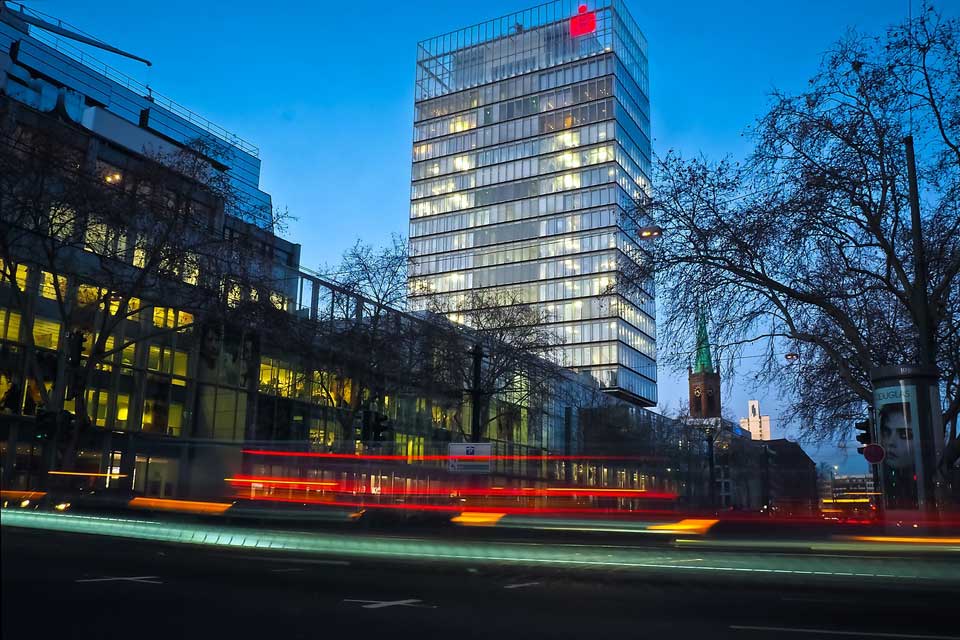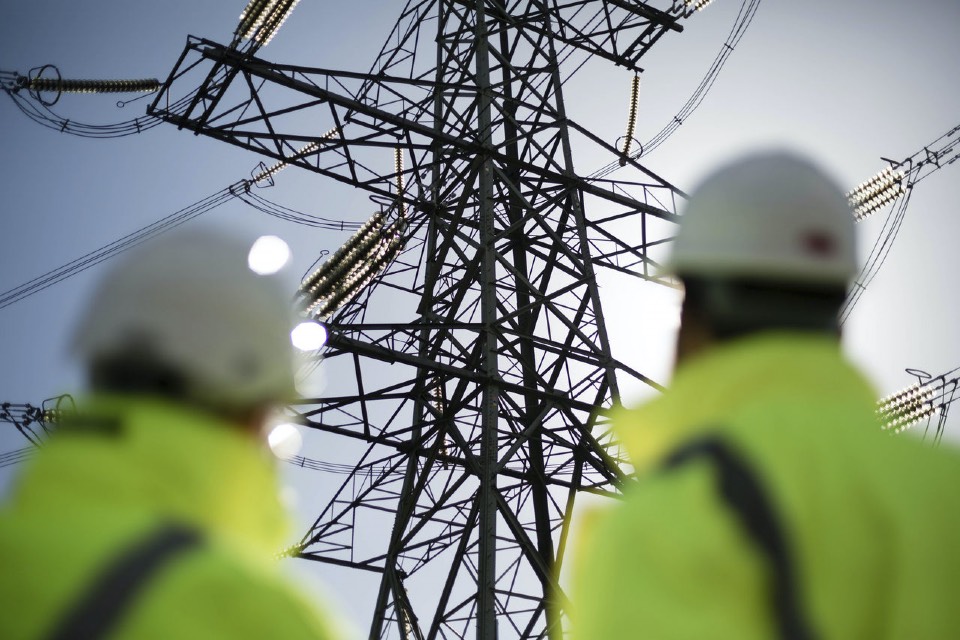UK Government white paper sets out plans for clean energy system
https://energymanagementsummit.co.uk/wp-content/uploads/2020/07/green-recovery.jpg 960 640 Stuart O'Brien Stuart O'Brien https://secure.gravatar.com/avatar/81af0597d5c9bfe2231f1397b411745a?s=96&d=mm&r=gThe UK government has set out what it calls an ‘ambitious plan’ to clean up the country’s energy system, support up to 220,000 jobs, and keep bills affordable as the transition to net zero by 2050 continues.
The Energy White Paper sets out specific steps the government will take over the next decade to cut emissions from industry, transport, and buildings by 230 million metric tonnes – equivalent to taking 7.5 million petrol cars off the road permanently – while supporting hundreds of thousands of new green jobs.
The government says it will put affordability at the heart of the UK’s decisive shift away from fossil fuels by boosting competition in the energy retail market to tackle the ‘loyalty penalty’ – longstanding customers who pay more than new ones – and by providing at least £6.7 billion in support to the fuel poor and most vulnerable over the next 6 years.
Alongside the Energy White Paper, the government has also confirmed that it is to enter negotiations with EDF in relation to the Sizewell C project in Suffolk as it considers options to enable investment in at least one nuclear power station by the end of this Parliament. If the project proceeds, it could create thousands of new jobs during construction and operation.
This is the next step in considering the Sizewell C project, and negotiations will be subject to reaching a value for money deal and all other relevant approvals, before any final decision is taken on whether to proceed. The government says the successful conclusion of these negotiations will be subject to thorough scrutiny and needs to satisfy the its legal, regulatory and national security requirements.
Core parts of the Energy White Paper include:
- Supporting up to 220,000 jobs in the next 10 years. This includes long-term jobs in major infrastructure projects for power generation, carbon capture storage and hydrogen, as well as a major programme of retrofitting homes for improved energy efficiency and clean heat.
- Transforming the UK’s energy system from one that was historically based on fossil fuels to one that is fit for a net zero economy, changing how we heat our homes and travel, doubling our electricity use, and harnessing renewable energy supplies.
- Keeping bills affordable for consumers by making the energy retail market truly competitive. This will include offering people a simple method of switching to a cheaper energy tariff, and testing automatically switching consumers to fairer deals to tackle “loyalty penalties”.
- Generating emission-free electricity by 2050 with a trajectory that will see us have overwhelmingly decarbonised power in the 2030s. Low carbon electricity will be a key enabler of our transition to a net zero economy with demand expected to double due to transport and low carbon heat.
- Establishing a UK Emissions Trading Scheme (UK ETS) from 1 January 2021 to replace the current EU ETS at the end of the Transition Period. It increases ambition on reducing emissions, and provides continuation of emissions trading for UK businesses and certainty on how they operate.
- Continuing to explore a range of financing options for new nuclear with developers including the Regulated Asset Base (RAB) funding model, which could help secure private investment and cost consumers less in the long run. Given the scale of the financing challenge, we will also consider the potential role of government finance during construction, provided there is clear value for money for consumers and taxpayers.
- Delivering ambitious electricity commitments through our world-beating commitment to deliver 40GW of offshore wind by 2030, including 1GW of floating wind, enough to power every home in the country – while attracting new offshore wind manufacturers to the UK.
- Investing £1 billion in state-of-the-art carbon capture storage in four industrial clusters by 2030 – sucking carbon out of industrial processes to stop emissions escaping to the air. Four low carbon clusters will be set up by 2030, and at least one fully net zero cluster by 2040, stimulating the market to attract new investors and manufacturers to reinvigorate our industrial heartlands.
- Kick-starting the hydrogen economy by working with industry to aim for 5GW of production by 2030, backed up by a new £240m net zero Hydrogen Fund for low carbon hydrogen production.
- Investing £1.3 billion to accelerate the rollout of charge points for electric vehicles in homes, streets and on motorways as well as up to £1 billion to support the electrification of cars, including for the mass-production of the batteries needed for electric vehicles. The rollout has levelling up at its heart, and will support economic growth across the UK – including in our strong manufacturing bases in the Midlands and the North East – while supporting the 169,000 jobs in our world-leading automotive sector.
- Supporting the lowest paid with their bills through a £6.7 billion package of measures that could save families in old inefficient homes up to £400. This includes extending the Warm Home Discount Scheme to 2026 to cover an extra three quarters of a million households and giving eligible households £150 off their electricity bills each winter. The £2 billion Green Homes Grant announced by the Chancellor has been extended for a further year in the Ten Point Plan.
- Moving away from fossil fuel boilers, helping to make people’s homes warmer, whilst keeping bills low. By the mid-2030s we expect all newly installed heating systems to be low carbon or to be appliances that we are confident can be converted to a clean fuel supply.
- Supporting North Sea oil and gas transition for the people and communities most affected by the move away from oil and gas production, ensuring that the expertise of the oil and gas sector be drawn on in developing carbon capture and storage and hydrogen production to provide new green jobs.
Plans to create jobs through the Energy White Paper build on the £280 billion support package that has been provided as part of the government’s Plan for Jobs to safeguard jobs in every region and nation of the UK, with support now extended until March 2021.
Kick-starting the process of ensuring fairness and affordability for bill-payers will be a series of consultations in spring 2021 to create the framework to introduce opt-in switching, consider reforms to the current roll-over tariff arrangements, and a call for evidence to begin a strategic dialogue between government, consumers and industry on affordability and fairness.
The UK ETS will promote cost-effective decarbonisation, allowing businesses to cut carbon where it is cheapest to do so, promoting innovation and growth for UK businesses. It will be the world’s first net zero carbon cap and trade market, and a step towards achieving the UK’s target for net zero carbon emissions by 2050.
The government says the scheme is more ambitious than the EU system it replaces – from day one the cap on emissions allowed within the system will be reduced by 5%, and the government says it will consult in due course on how to align with net zero. This, it says, gives industry the certainty it needs to invest in low carbon technologies.










